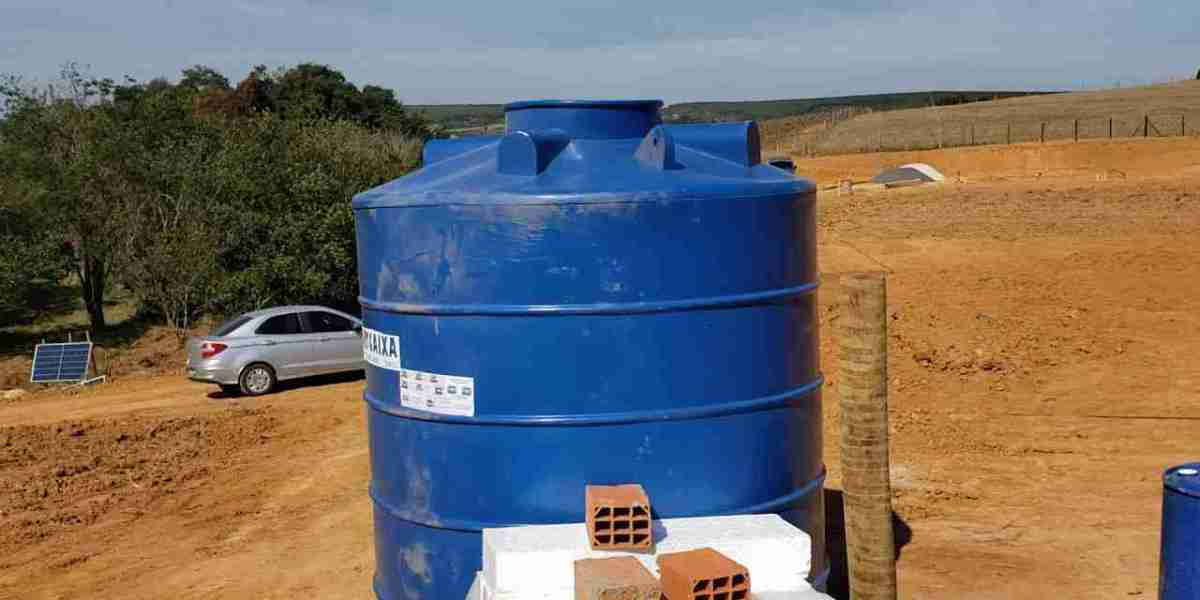Water and wastewater treatment plants are very important. They make sure we get clean water to drink and safely manage dirty water. But doing all of this work by hand takes a lot of time, money, and can lead to mistakes. That’s why many plants are now using SCADA systems.
SCADA stands for Supervisory Control and Data Acquisition. It’s a smart system that helps plants run automatically, keep track of data, and fix problems quickly. Let’s look at how SCADA is making water treatment smarter, safer, and more affordable.
Why SCADA Makes a Big Difference
SCADA works like the brain of the plant. It watches over everything, controls machines, and warns workers if something goes wrong. Here’s what it does best:
1. Solves Problems Fast with Real-Time Monitoring
SCADA uses sensors to check water levels, pressure, and chemical amounts all the time.
If something goes wrong—like a leak or broken pump—it sends an alert right away.
This helps stop small problems before they turn into big, expensive ones.
2. Keeps the Plant Safe and Secure
Water plants can be targets for break-ins or cyber attacks.
SCADA connects to cameras and motion detectors to watch for danger.
Operators can check on the plant from anywhere, at any time.
3. Saves Time and Money Through Automation
SCADA takes care of tasks like turning pumps on and off or adding chemicals.
This reduces mistakes and saves energy.
It also helps follow rules and avoids spills or pollution.
4. Helps Lower Water Bills
SCADA helps use water wisely and cuts down on waste.
The plant runs more efficiently, and those savings can help lower costs for customers.
Where SCADA is Used in Water Plants
SCADA helps all parts of a water treatment plant—not just one area. Here’s how it helps in different places:
Filtration Plants
Tracks how much chemical is used and checks UV treatment systems.
Lets staff make small changes without visiting the site.
Pumping Stations
Controls several pumps from one place.
Spots pump issues early to avoid damage and downtime.
Water Pipes and Distribution
Watches pressure and flow in pipelines.
Finds leaks or blockages quickly, saving water and repair costs.
Plant Security
Uses alarms, cameras, and sensors to stop break-ins.
Protects against theft or harmful actions.
Reports and Compliance
Stores all plant data in one system for easy access.
Helps meet rules and reduces paperwork.
Final Thoughts: A Smarter Way to Manage Water
SCADA systems are changing the way water and wastewater treatment plants work. They bring automation, safety, and real-time control to these important facilities. With SCADA, plants can run better, avoid problems, and save money—all while keeping our water clean and safe.
Cognidel is a leading industrial automation training institute offering comprehensive PLC SCADA training in Bangalore, designed to equip students and professionals with practical skills in programmable logic controllers and supervisory control systems. With a strong focus on hands-on learning, Cognidel bridges the gap between theoretical knowledge and real-world applications, making it a preferred choice for aspiring automation engineers. The institute's curriculum is industry-aligned, and its expert trainers ensure that learners gain in-depth understanding of automation technologies used in sectors like manufacturing, water treatment, and power generation.






